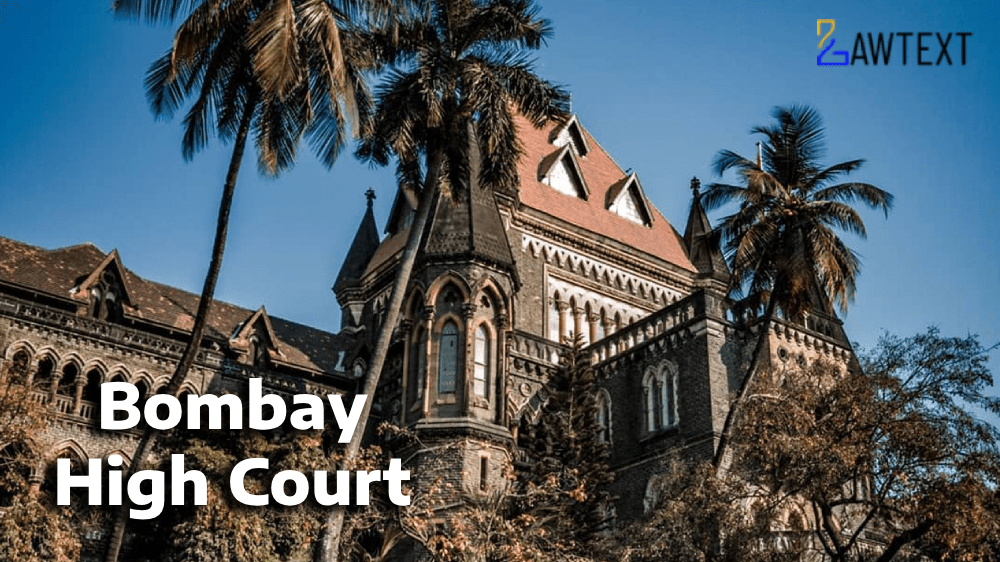

The Court examined whether copyright registration is necessary before initiating criminal proceedings for infringement under the Indian Copyright Act. The applicant, accused of duplicating books published by Relx India Pvt. Ltd., raised the issue of copyright registration not being done with Indian authorities. The Court, after considering various judgments and legal provisions, held that copyright registration is not mandatory for initiating criminal action under Section 63 of the Copyright Act. The revision application challenging the framing of charges was dismissed.
1. Introduction and Facts of the Case (Para 1-4):
Relx India Pvt. Ltd. authorized Eagle Eye Detectives to take action against the sale of duplicated books. The first informant, Amiya Saxena, discovered unauthorized copies of books at Janani Zerox, resulting in the arrest of Dattatraya Bapu Dighe for copyright infringement.
2. Issues Raised by the Applicant (Para 5-8):
The applicant challenged the framing of charges, arguing that copyright registration with Indian authorities is mandatory for initiating prosecution. He also raised concerns about improper search and seizure procedures.
3. Court's Consideration on Mandatory Copyright Registration (Para 9-14):
The Court evaluated various precedents, including M/s Gulfam Exporters and Dhiraj Dewani, which suggested that copyright registration is necessary for prosecution. However, the Court found these judgments to be per incuriam, as they were not consistent with earlier legal interpretations and the Copyright Act’s provisions.
4. Provisions of the Copyright Act (Para 15-16):
The Court discussed relevant sections of the Copyright Act, including Section 51, which defines infringement, and Section 63, which prescribes criminal liability. The Court clarified that while Section 55 provides civil remedies, criminal prosecution under Section 63 does not require prior registration of the copyright.
5. Search and Seizure Procedure (Para 15-16):
The applicant's argument regarding improper search and seizure procedures was dismissed. The Court noted that these issues could be raised during cross-examination, but they do not affect the framing of charges.
6. Final Judgment and Dismissal (Para 16-17):
The revision application was dismissed, and interim orders, if any, were vacated. The Court reiterated that registration of copyright is not mandatory for launching criminal prosecution.
Copyright Act, 1957
Trade Marks Act, 1999 (Mentioned for comparison)
The Court held that registration of a copyright is not mandatory for initiating criminal prosecution under Section 63 of the Copyright Act. Copyright protection arises from the act of creation, and registration only adds evidentiary value, but it is not a prerequisite for enforcement of rights.
Copyright Law, Criminal Prosecution, Infringement, Registration
#IntellectualProperty #Section63 #TradeMarks #SearchAndSeizure
Citation: 2024 LawText (BOM) (10) 223
Case Number: Criminal Revision Application No.211 of 2024
Date of Decision: 2024-10-22
Case Title: Mr. Dattatray Bapu Dighe Versus The State of Maharashtra
Before Judge: S.M. MODAK, J.
Advocate(s): Mr. Pankaj Sayajirao Shinde Advocate for the Applicant. Ms. S.E.Phad APP for the State.
Appellant: Mr. Dattatray Bapu Dighe
Respondent: The State of Maharashtra